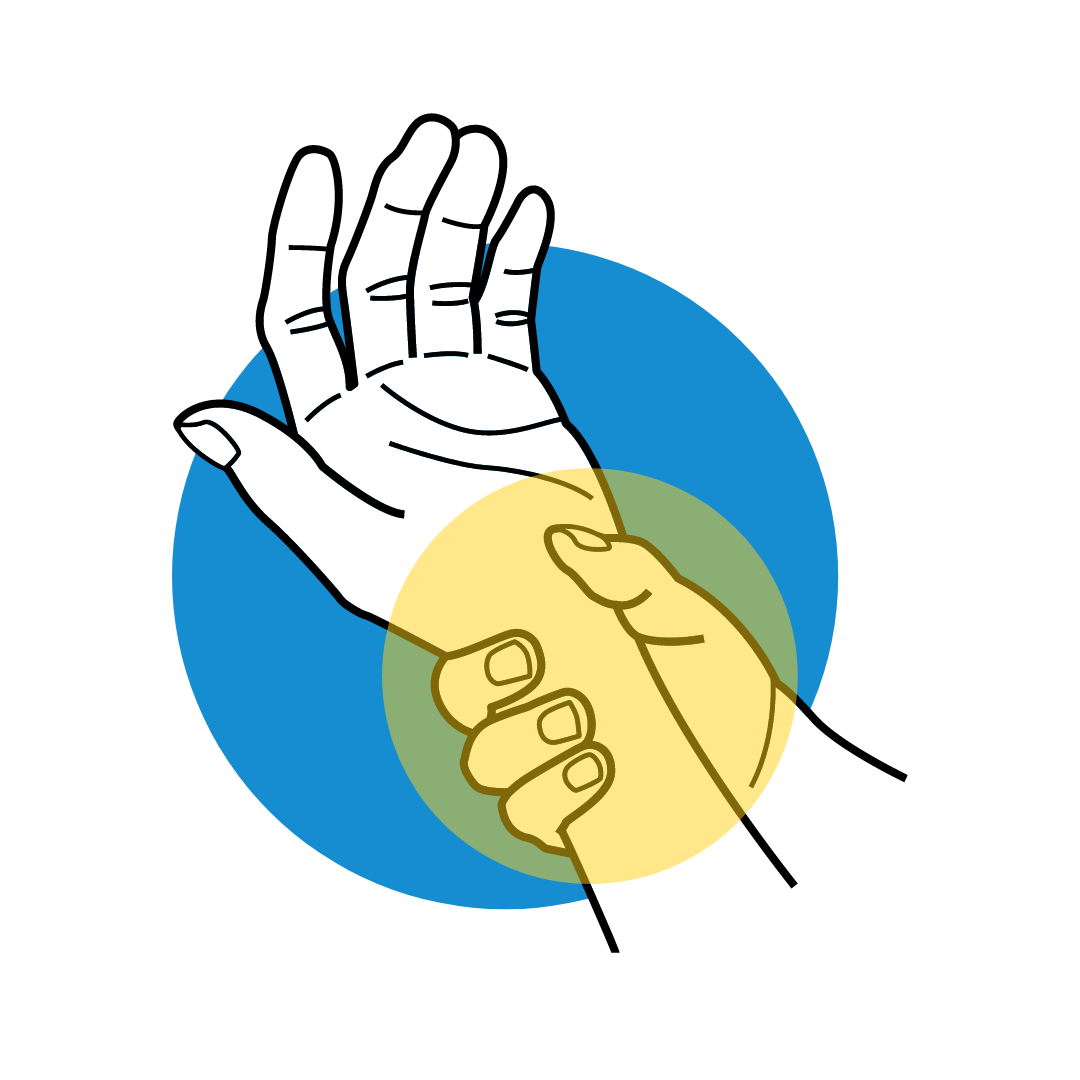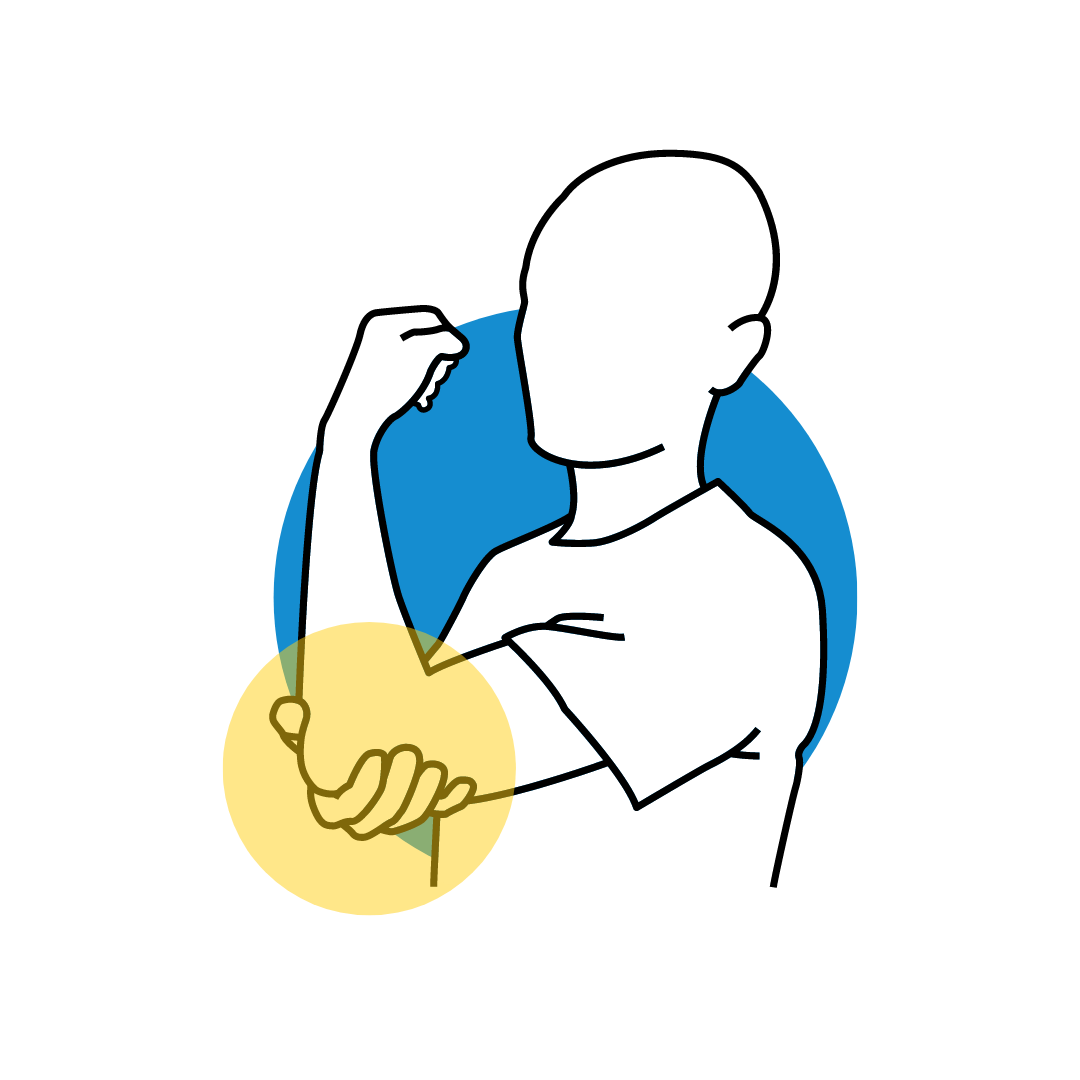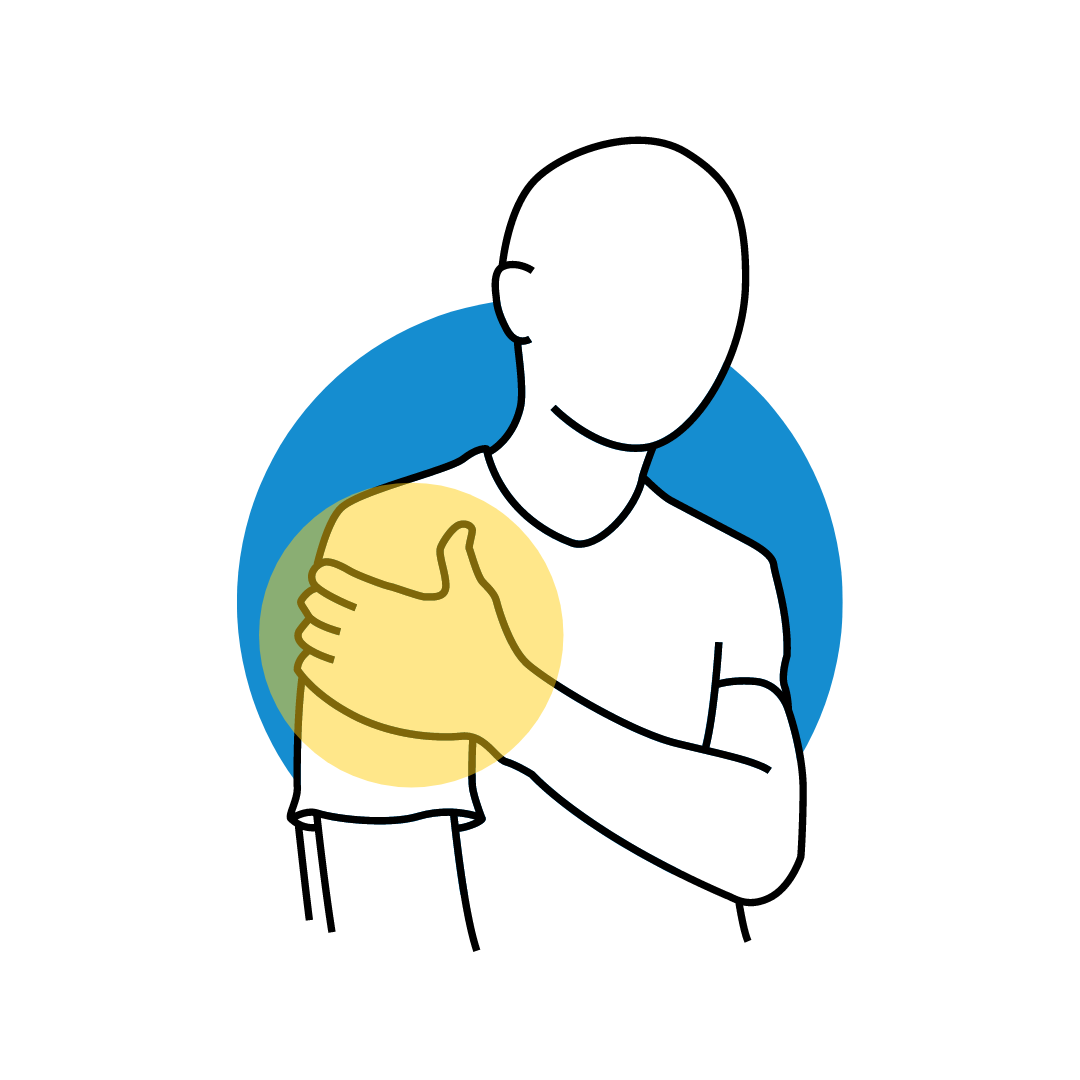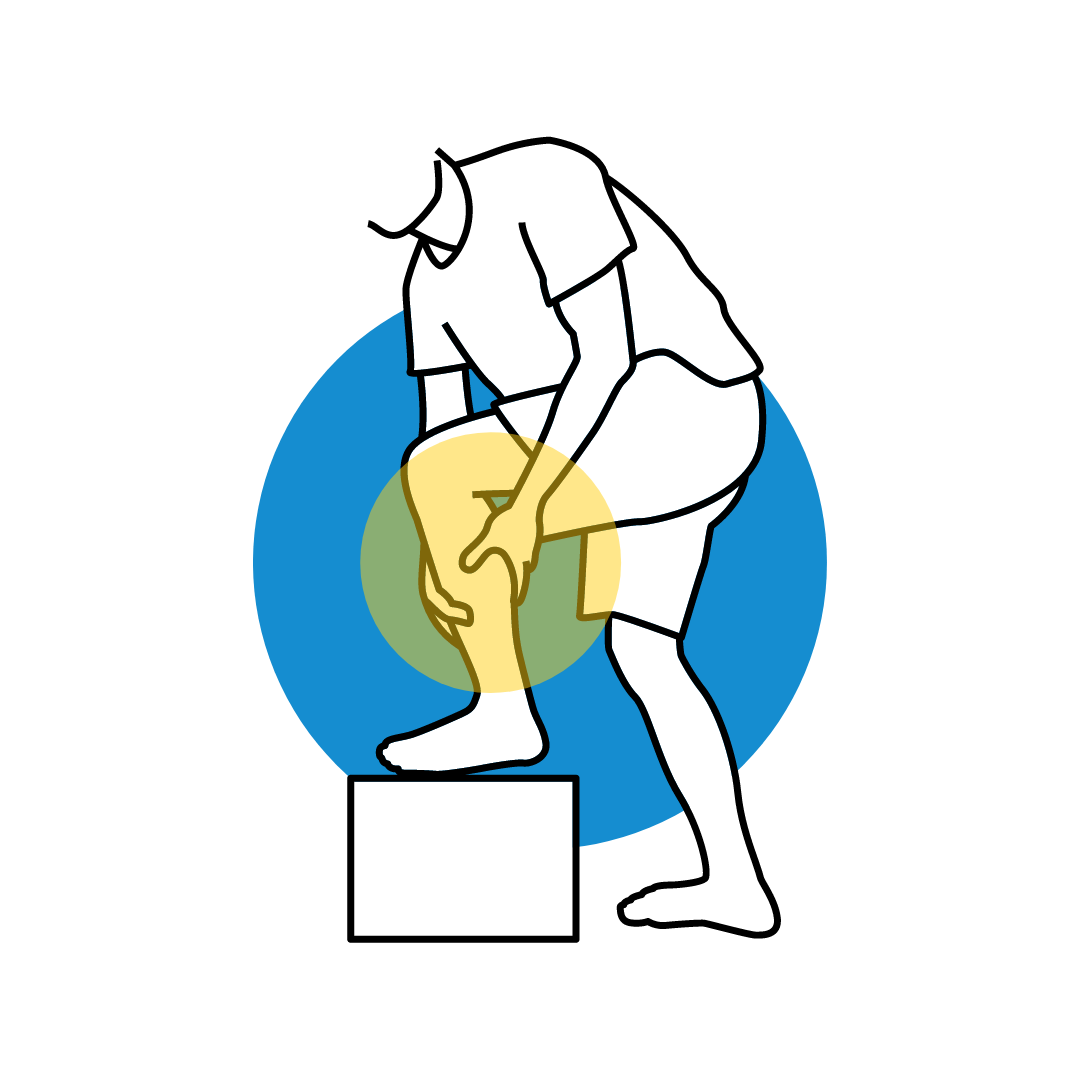The shoulder contains three bones – the clavicle (collarbone), the humerus (upper arm bone), and the scapula (shoulder blade) – that are surrounded by cartilage, or connective tissue, which cushions the bones during everyday movements, allowing you to perform a wide range of motions without pain. When the cartilage surrounding any or all of these bones breaks down or deteriorates, it can result in shoulder arthritis, a condition characterized by bone-on-bone friction that leads to joint inflammation, pain, and swelling.
Though shoulder arthritis is a common condition affecting millions of Americans, each patient’s needs are unique. At Mirza Orthopedics on Long Island, we provide compassionate care and expertise in dealing with all types of shoulder arthritis. Whether your condition can be treated with nonsurgical options or is more severe and warrants surgery, Dr. Justin Mirza will tailor a treatment plan based on your individual needs. Our orthopedists have decades of experience helping patients get back to their active lives with the best results and minimal downtime.
What causes shoulder arthritis?
Shoulder arthritis occurs when the cartilage that surrounds the bones in the shoulder is worn down. As a result, the bones in the joint begin rubbing together, causing painful inflammation. This deterioration of cartilage may be caused by normal wear and tear over time, a specific injury, or an inflammatory disease such as rheumatoid arthritis. There are several types of shoulder arthritis based on the cause of the cartilage deterioration.
Osteoarthritis of the Shoulder
Osteoarthritis, the most common form of arthritis, is characterized by the progressive deterioration and eventual loss of cartilage in one or more places in the shoulder joint. Osteoarthritis can also impact the elbow, wrist, and hands.
Posttraumatic Arthritis of the Shoulder
Post-traumatic arthritis is characterized by damage to cartilage in the shoulder that develops following an injury, such as a shoulder fracture, shoulder dislocation or rotator cuff tear.
Rheumatoid Arthritis
Rheumatoid shoulder arthritis is a chronic inflammatory disorder characterized by the deterioration of cartilage in the shoulder joints due to the immune system attacking the tissues.
Avascular Necrosis
Avascular necrosis (AVN) occurs when the blood supply to the head of the humerus is interrupted. It is characterized by the death (necrosis) of bone cells in the humeral head, eventually leading to shoulder arthritis.
What are the symptoms of shoulder arthritis?
If you have shoulder arthritis you will likely experience:
- Shoulder pain that occurs in the back of the shoulder, on top of the shoulder, or throughout the shoulder
- Shoulder stiffness
- Pain that gets worse with activity
- Pain that worsens over time
- Limited range of motion in the shoulder
- Grinding, clicking or snapping sensation (crepitus) with any movement of the shoulder
If you’re suffering from any of these symptoms, contact our shoulder specialists for a consultation. Our orthopedic shoulder doctors can provide the best conservative treatment or surgery option to relieve your shoulder pain.
What does shoulder arthritis treatment entail?
In many cases, symptoms of shoulder arthritis can be successfully managed long-term with nonsurgical methods.
Conservative shoulder arthritis treatments commonly include:
- Resting the shoulder
- Modifying activities that cause shoulder pain
- Taking anti-inflammatory medications
- Applying ice or moist heat
- Completing stretching and strengthening exercises, which may include undergoing a physical therapy program to improve the shoulder’s range of motion
- Getting steroid injections
- Getting platelet-rich plasma (PRP) therapy
In cases where shoulder arthritis is more severe and conservative treatments have failed to produce successful outcomes, surgery may be the best option to provide long-lasting symptom relief. There are a number of different shoulder arthritis surgery options and your doctor will recommend a procedure based on your individual needs.
Shoulder arthroscopy is often used to improve symptoms of early-stage shoulder arthritis. It involves using an arthroscope (a small camera) to view inside the joint and remove damaged cartilage, scar tissue and any bone spurs using special tools that are inserted through small incisions. In more severe cases of shoulder arthritis, a shoulder replacement surgery may be necessary.
If you’re suffering from painful shoulder arthritis symptoms that are impacting your quality of life, Mirza Orthopedics can help. Schedule an appointment with our Long Island shoulder arthritis treatment specialists by contacting our office today.






